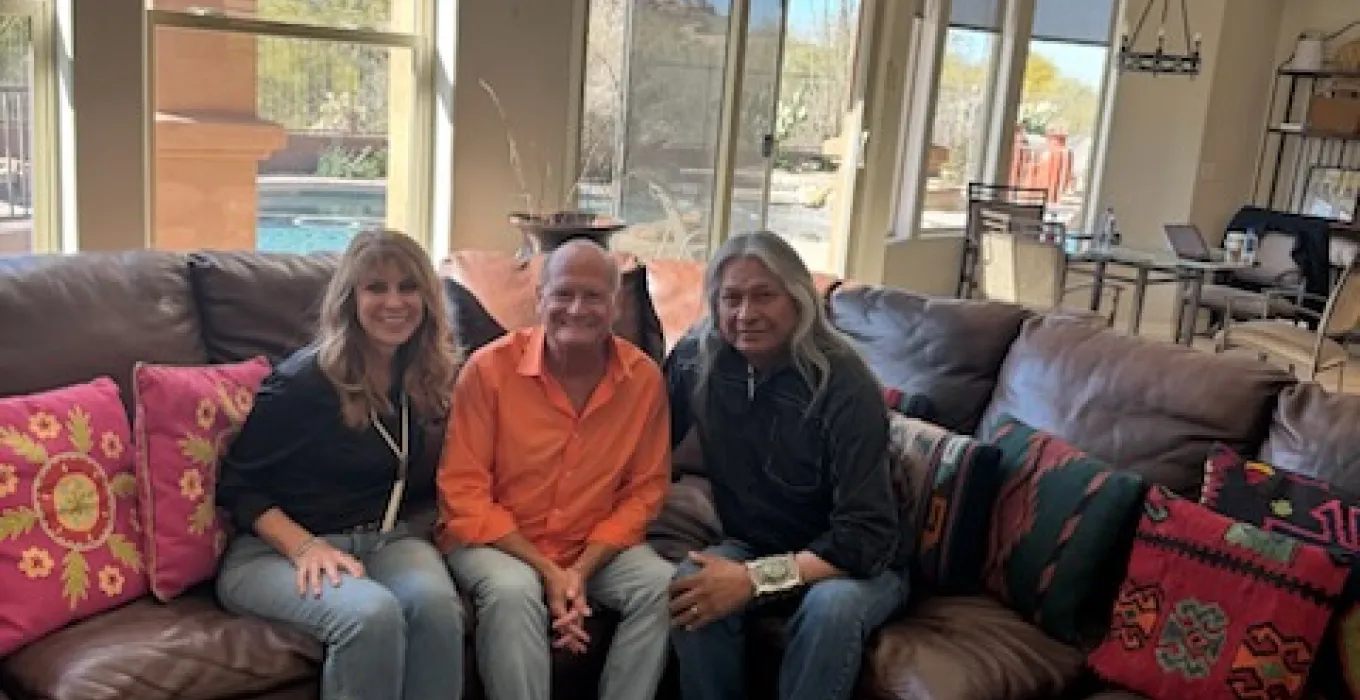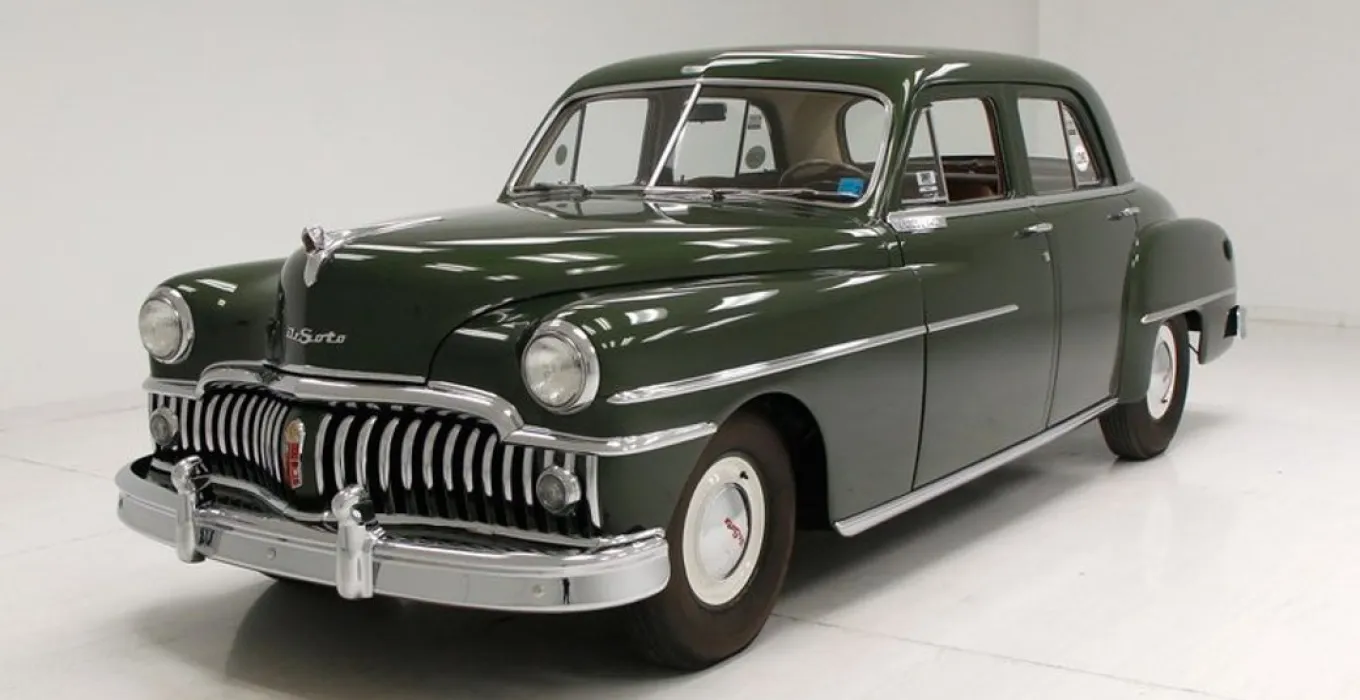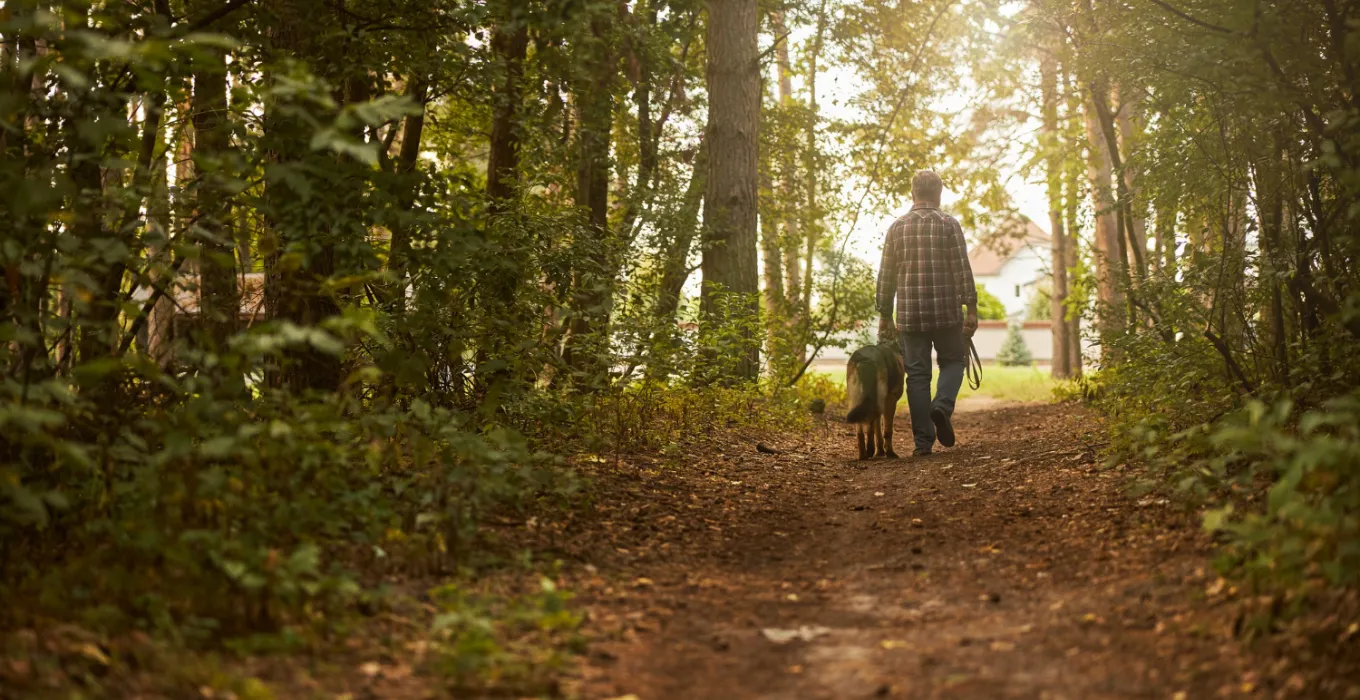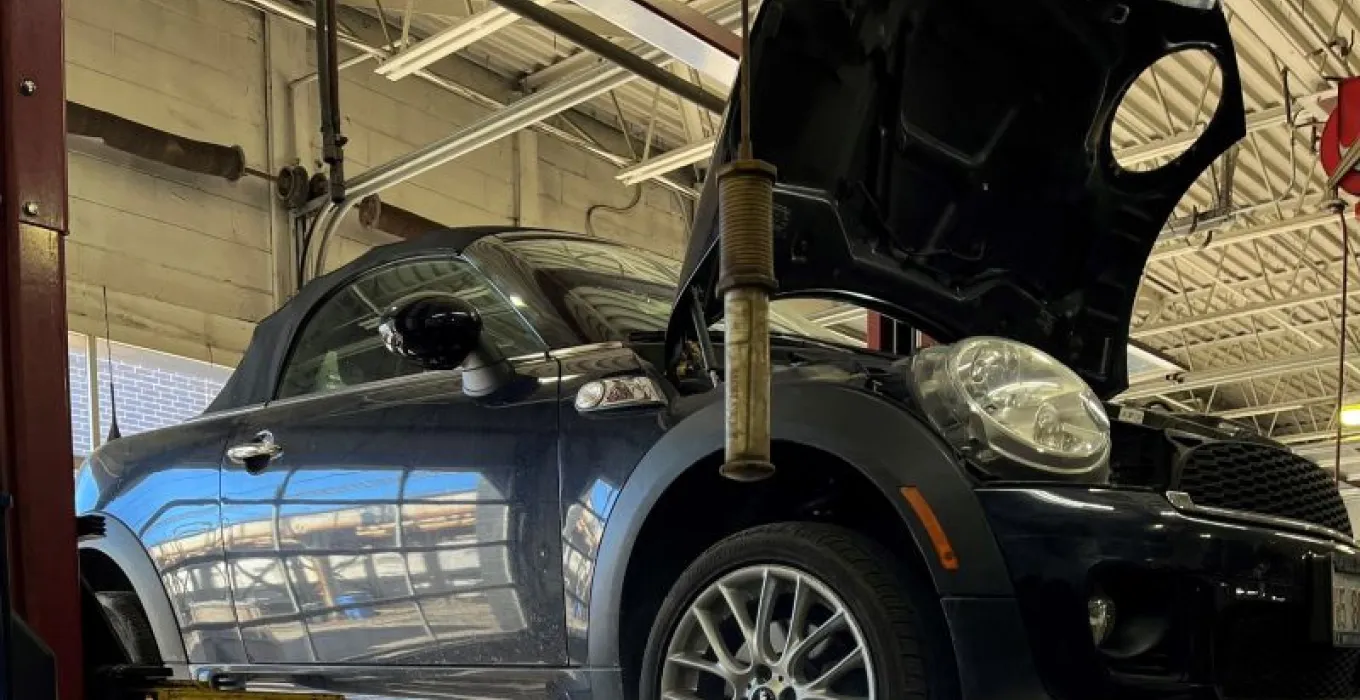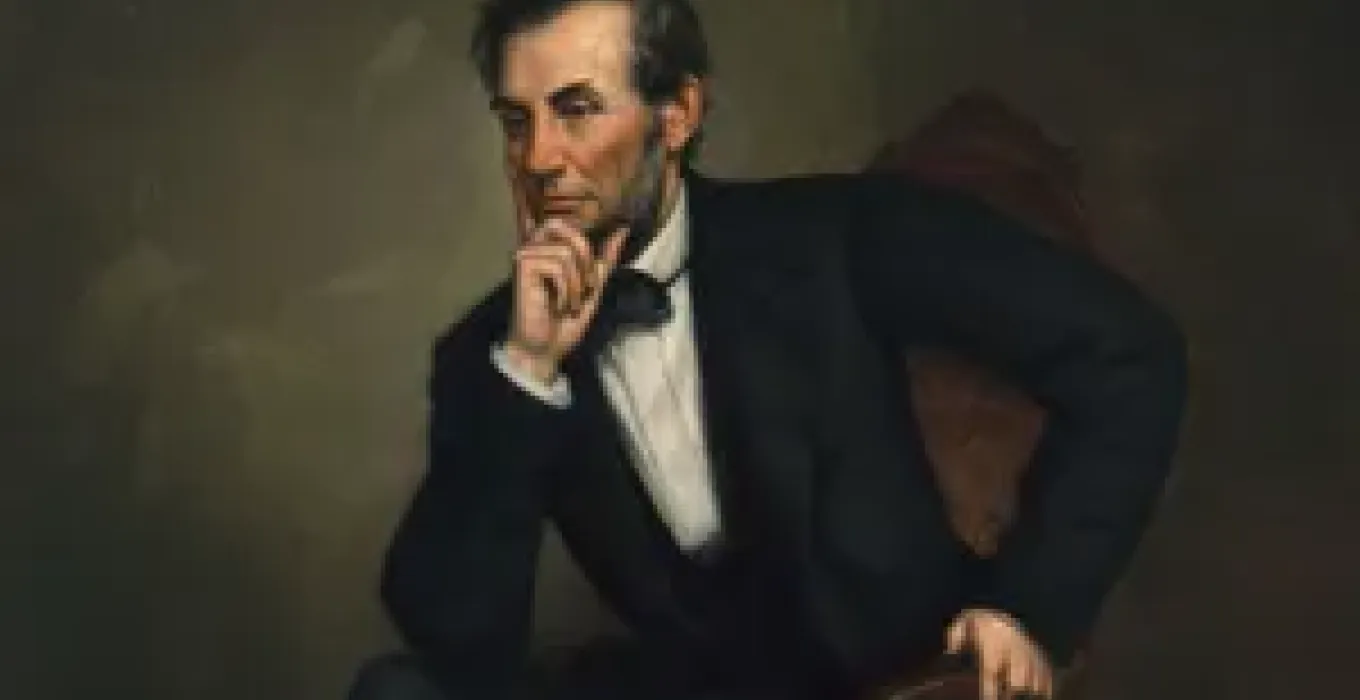The Cowboy Way
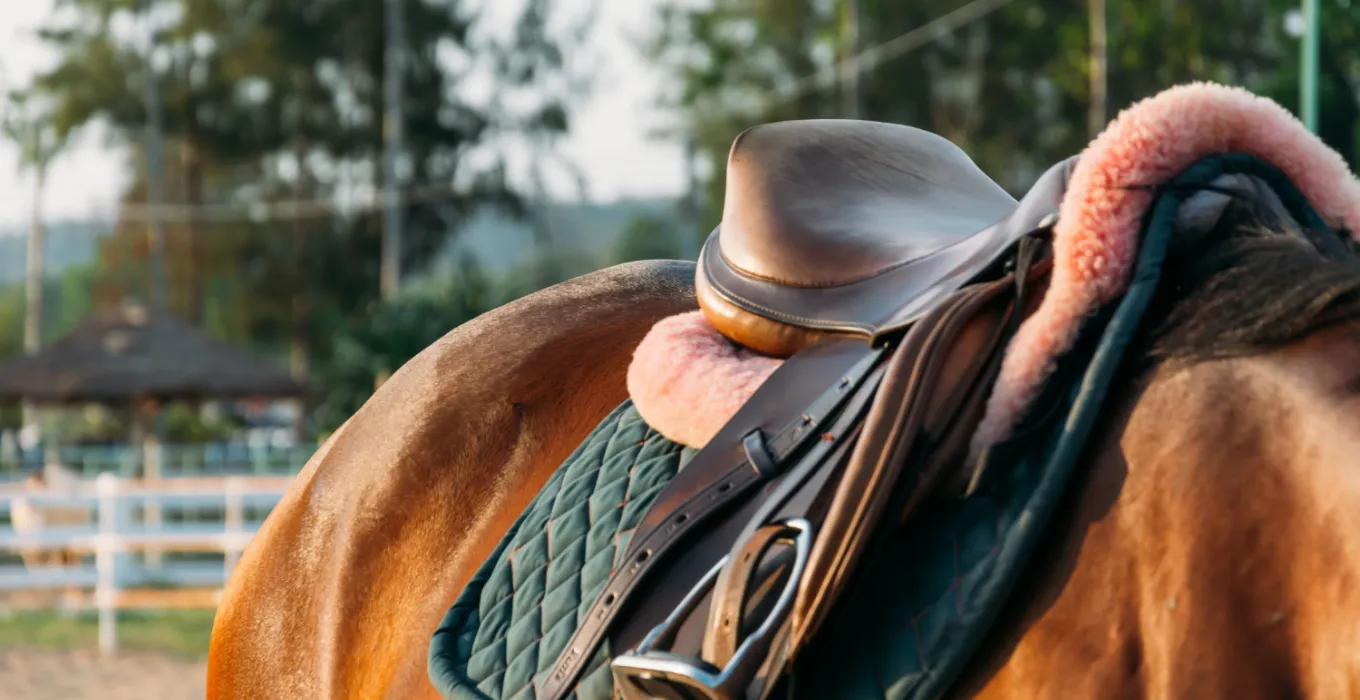
I grew up and have lived most of my life in areas classified as “Frontier” according to the USDA. Yes, this classification still exists today. The USDA uses a three-variable matrix to define frontier areas in the United States:
- Population density: Between 12 and 20 people per square mile.
- Travel time: 30 to 90 minutes to reach a service or market center.
- Distance to a service or market center: 30 to 90 miles.
These variables are used to determine how easily people can access food, utilities, medical care, and other services.
Some say I am crazy, but I am simply blessed to live where life slows down and there is time to think, ponder, and reflect upon what has been and what is to come.
As a young man, I always respected my dad and grandpa. I lived a unique lifestyle where I was able to work in the great outdoors with both of them. My family owned a working cattle ranch in southeast Idaho. We wintered the cattle in Hamer, Idaho, and summered the cattle at Humphrey, Idaho, on the “Modoc”!
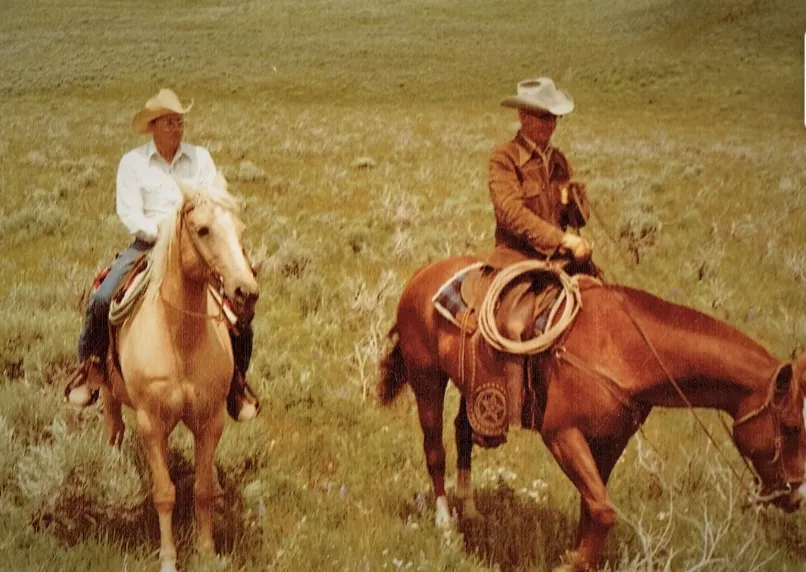
Scott's Dad, Nick, on the left and Scott's Grandfather, Reed on the right.
It was back in the good old days when a person’s honor was verified and trusted through a handshake. I remember many times when my dad and grandpa were honored at livestock sales, community events, and professional associations for who they were and the cowboy ethics they lived by.
My grandpa passed away about 20 years ago and my dad past eight years ago. Even though they are both gone, I still run into people who remember their integrity within the livestock world. A few years ago, my wife and I were on vacation in West Yellowstone, Montana. As we were walking through the town, we recognized an old family friend. He was much older than me, but as we approached one another we visited and then decided to go and get something to eat. We sat and talked about many people that we both knew. During the conversation, he shared a story about my Grandpa Mickelsen buying hay from him many years ago. Although I do not remember the details, he told me that my grandpa was the most honest man he had ever dealt with. This is a common conversation I have with many as they visit with me about my dad and grandpa.
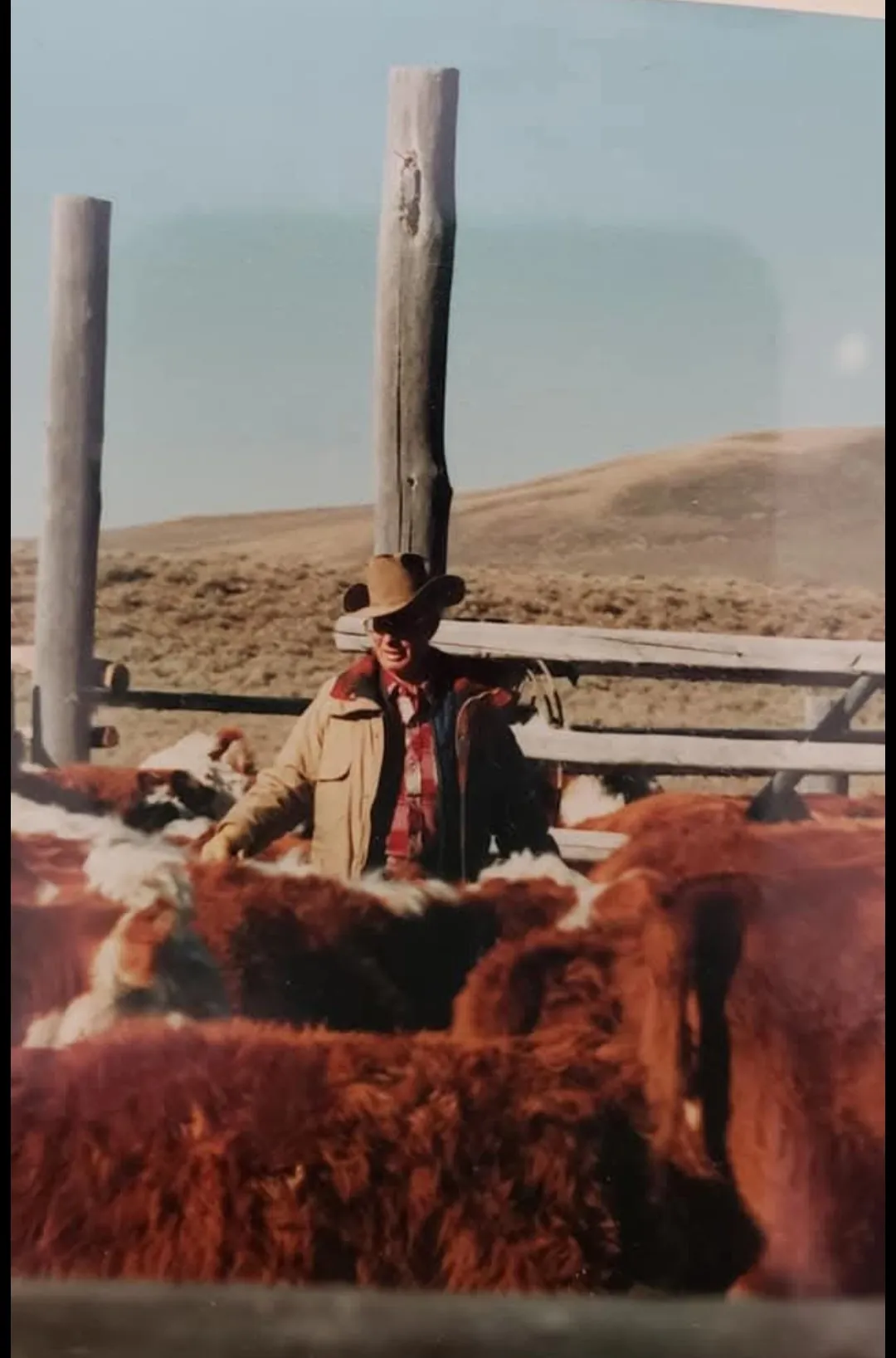
Reed Mickelsen among the calves.
Frank Swisher was my dad’s best friend while growing up. Frank wrote an article for the Range Magazine a few years back called “The Camas Incident”. I would like to paraphrase from that article. Frank said that there were pros and cons to living in such a remote place, but it wasn’t until years later that he realized what a blessing it was to work on a working cattle ranch in Southeast Idaho. The variety of tasks related to working on a cattle operation provided many experiences that few teenagers would ever experience in more densely populated areas.
The article focuses on a fire that took place on the ranch and the neighboring Camas National Wildlife Refuge…The Camas Incident. The learning experience was that through stern but empathetic individuals, Frank and my dad learned how to treat people, and more importantly, how to fix a wrong that had been done.
The Mickelsen Ranch and the Refuge provided the supplies to repair the fence and Dad and his best friend Frank provided all the labor.
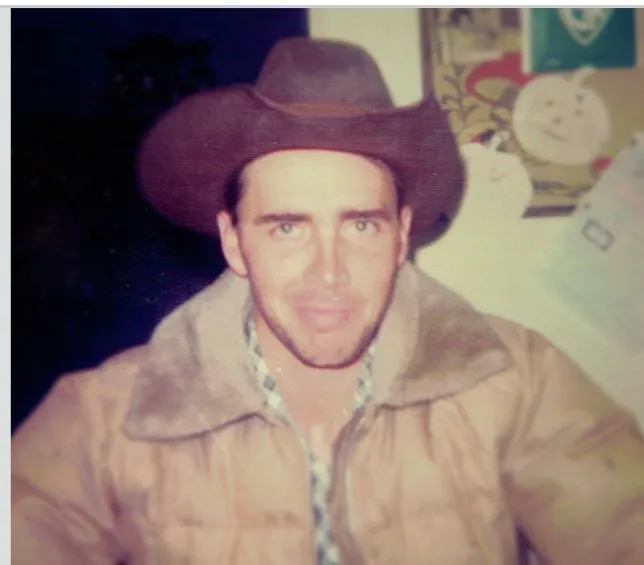
Nick Mickelsen, Scott's Dad.
In the end, Frank said, “It was a common sense conclusion to a minor occurrence in a small corner of the west. I wonder if that would be the case today.”
It is the lessons taught and the lessons learned from years gone that I cling to today as I face each day with gratitude and a determination to do better and live “the cowboy way”…no matter what or where you are.
Carry on, my friends!
